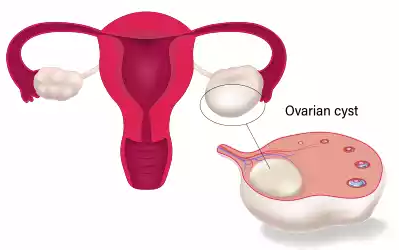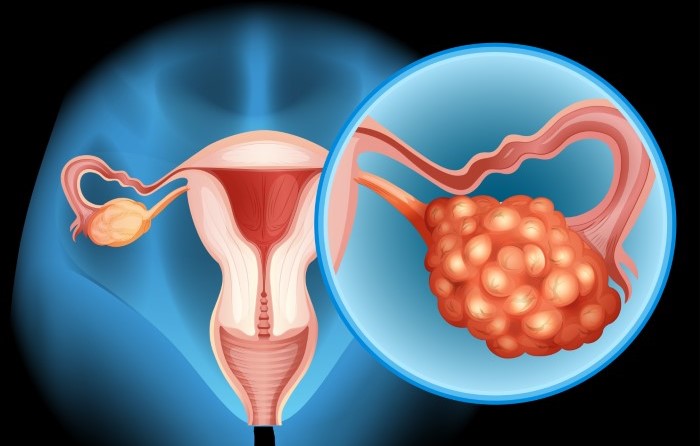Best Surgical Treatment of Anal Stenosis in Delhi

Overview
Imagine this: you’re going about your daily routine, but something feels off. Discomfort while sitting, pain during bowel movements, and an unsettling sense of restriction. These symptoms might seem minor initially, but for many, they point to a serious condition known as anal stenosis. Left untreated, it can severely impact your quality of life. Thankfully, the surgical treatment of anal stenosis in Delhi offers hope and relief. Pioneering centers like Pelvinic bring advanced solutions to those struggling with this condition, providing minimally invasive treatments under expert care.
What is Anal Stenosis, and How Does It Affect Your Daily Life?
Anal stenosis occurs when the anal canal narrows, making it difficult for stool to pass. This condition often develops due to:
-
Complications from previous surgeries like hemorrhoidectomy.
-
Chronic inflammatory conditions.
-
Trauma or scarring in the anal region.
Symptoms include:
-
Pain and difficulty during bowel movements.
-
Bleeding or irritation in the rectal area.
-
A sense of incomplete evacuation.
If left untreated, anal stenosis can lead to chronic constipation, infections, and a significant decline in quality of life.
Why is Surgery Often the Best Option for Treating Anal Stenosis?
Non-surgical treatments such as stool softeners or dilation may provide temporary relief but often fail to address the root cause. Surgery is typically recommended when:
-
Symptoms persist or worsen despite conservative treatments.
-
There’s severe scarring or fibrosis in the anal canal.
-
Quality of life is significantly impaired.
Benefits of surgical intervention:
-
Permanent resolution of the condition.
-
Improved bowel function.
-
Reduced risk of complications like infections.
Advanced surgical techniques ensure better outcomes with minimal discomfort and faster recovery.
What are the Key Steps in Surgical Treatment for Anal Stenosis?
Surgical treatment typically follows these steps:
-
Diagnosis and Assessment:
-
A thorough physical examination.
-
Imaging tests like MRI or ultrasound for detailed insights.
-
-
Procedure Options:
-
Anoplasty: Reconstruction of the anal canal to restore normal function.
-
Flap Procedures: Use of tissue grafts to widen the narrowed canal.
-
Laser Surgery: A minimally invasive technique for precision and reduced recovery time.
-
-
Post-Surgical Care:
-
Pain management.
-
Dietary adjustments to prevent strain during bowel movements.
-
Regular follow-ups to monitor healing.
-
How Do You Choose the Best Surgeon for Anal Stenosis Treatment in Delhi?
Selecting the right surgeon is crucial for successful treatment. Here’s what to look for:
-
Qualifications: Ensure the surgeon specializes in coloproctology or anorectal surgeries.
-
Experience: Opt for a professional with extensive experience in anal stenosis procedures.
-
Patient Reviews: Testimonials and reviews offer insights into patient satisfaction and outcomes.
-
Facility Standards: Choose a facility with state-of-the-art technology and a compassionate care philosophy, like Pelvinic.
What Questions Should You Ask Before Opting for Anal Stenosis Surgery?
To make an informed decision, ask your healthcare provider:
-
What surgical technique will be used?
-
What are the potential risks and complications?
-
What’s the expected recovery timeline?
-
Will I need additional treatments post-surgery?
-
How many similar procedures have you performed?
Are There Risks or Complications in Anal Stenosis Surgery, and How Can They Be Minimized?
As with any surgery, there are risks such as:
-
Infection.
-
Bleeding.
-
Recurrence of stenosis.
However, these can be minimized through:
-
Choosing an experienced surgeon.
-
Adhering to pre- and post-operative care guidelines.
-
Opting for minimally invasive techniques like laser surgery.
What Should You Know About Recovery After Anal Stenosis Surgery?
Recovery varies depending on the procedure but generally includes:
-
Immediate Post-Surgery: Rest and limited physical activity.
-
Diet: High-fiber foods and plenty of fluids to ease bowel movements.
-
Follow-Ups: Regular check-ups to ensure proper healing.
Tips for a smoother recovery:
-
Avoid heavy lifting or strenuous activity.
-
Use prescribed medications to manage pain.
-
Maintain good hygiene to prevent infections.
Why Choose Pelvinic for the Surgical Treatment of Anal Stenosis in Delhi?
When it comes to surgical treatment of anal stenosis in Delhi, Pelvinic stands out for its exceptional care. Here’s why:
-
Expertise: Led by the renowned Dr. Sandip Banerjee, a pioneer in minimally invasive anorectal surgeries with over 5,000 successful procedures.
-
Advanced Facilities: State-of-the-art technology ensures precise diagnoses and effective treatments.
-
Patient-Centric Approach: Compassionate care tailored to individual needs.
-
Affordable Options: World-class treatment at half the cost of corporate hospitals.
Dr. Banerjee’s extensive training in laparoscopic and colorectal surgeries, coupled with his dedication to humanity and service, ensures every patient receives the best possible care.
Conclusion
Living with anal stenosis can be challenging, but the surgical treatment of anal stenosis in Delhi offers a path to recovery and a better quality of life. Facilities like Pelvinic combine advanced techniques, expert surgeons, and compassionate care to deliver outstanding results. Don’t let this condition hold you back—reach out to trusted specialists who can help you reclaim comfort and confidence.
FAQs
1. How long does the recovery process take after anal stenosis surgery?
Ans. Recovery typically takes 2-4 weeks, but complete healing can take a few months, depending on the procedure and individual factors.
2. Is anal stenosis surgery painful?
Ans. Pain is managed effectively with medications, and minimally invasive techniques like laser surgery further reduce discomfort.
3. Can anal stenosis recur after surgery?
Ans. While recurrence is rare, maintaining good post-operative care and regular check-ups can minimize the risk.
4. What dietary changes should I make after surgery?
Ans. A high-fiber diet and adequate hydration are essential to ease bowel movements and prevent strain.
5. Why is Pelvinic the preferred choice for anal stenosis treatment in Delhi?
Ans. Pelvinic offers expertise, advanced technology, and personalized care, making it a trusted name for anorectal surgeries in the region.
Seek advanced surgical treatment for anal stenosis in Delhi. Pelvinic offers expert care, advanced techniques, and personalized solutions for optimal recovery.



